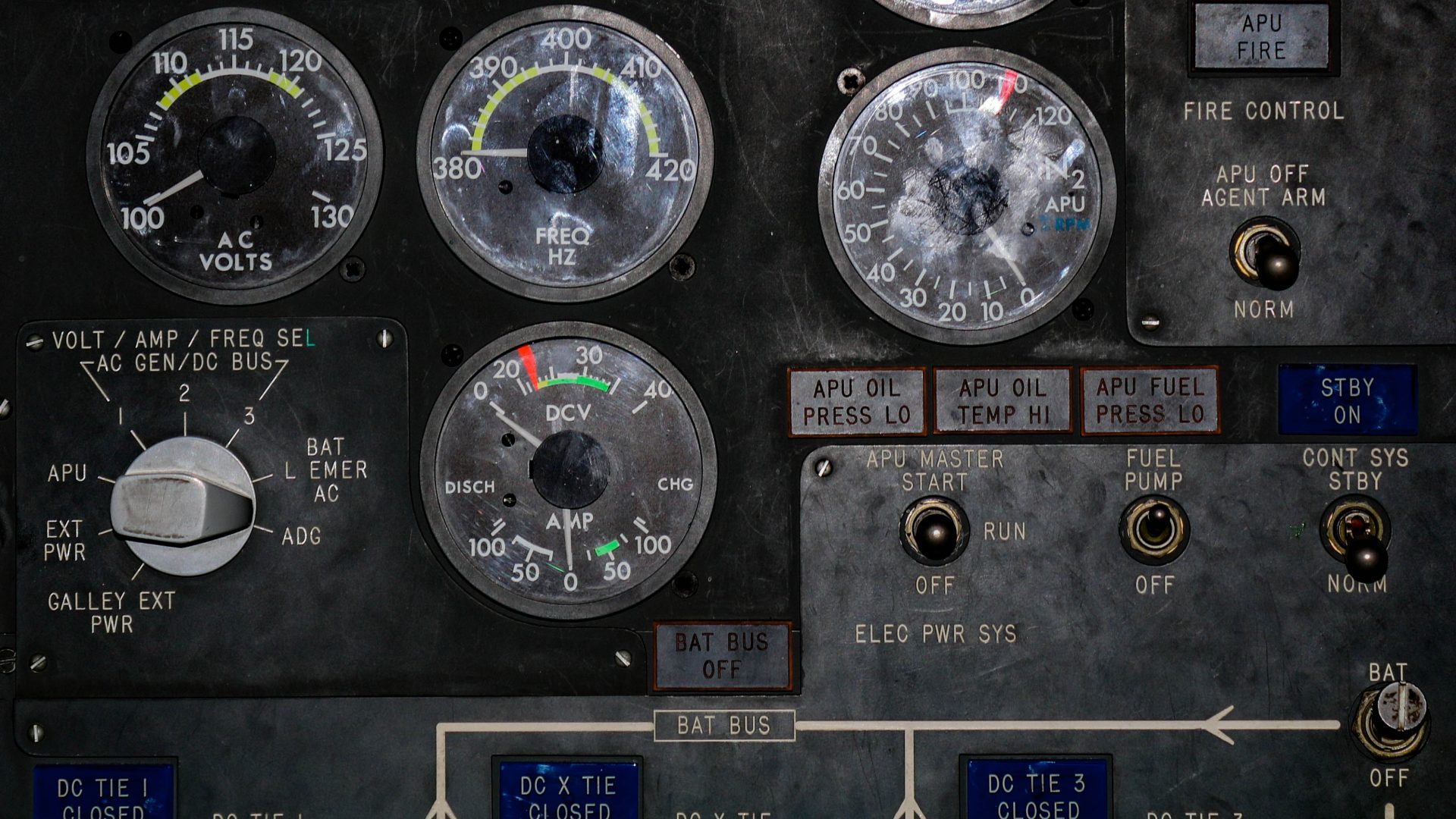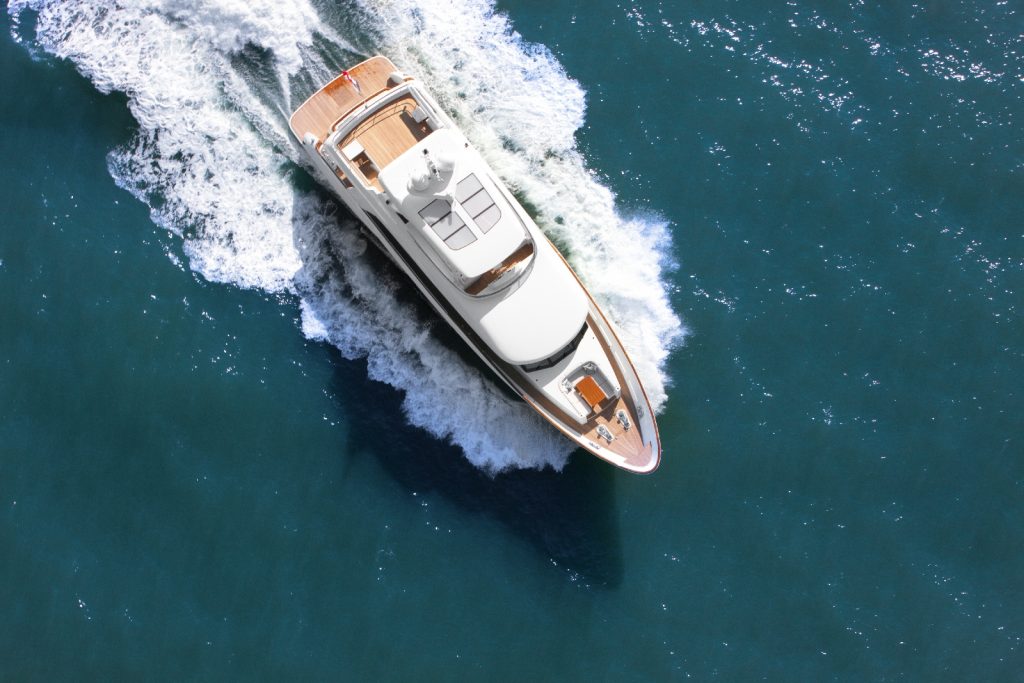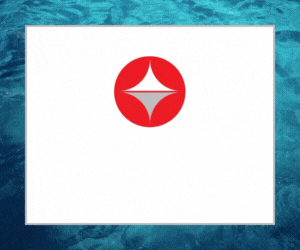Fuel is one of many annual running costs of a yacht. Not only does the yacht need fuel for cruising; the generators require it to keep the vessel running while at anchor and underway. As well as this, many of the water sports toys require it too.
Some yachts cross the Atlantic Ocean twice a year between the Mediterranean and Caribbean while others embark on world cruises. That equates to a lot of fuel.
So How Much Do They Really Consume?
According to the Yachting Pages, the longest Superyacht in the world, 180m M/Y Azzam, holds 1,000,000 litres of fuel. To put it into perspective, that is the equivalent of filling a regular hatchback car 23,800 times. Or, six Boeing 747 commercial airliners.
West Nautical’s Vessel Manager, Tony Hildrew, a former Yacht Chief Engineer said:
“Fuel is the single biggest expense when it comes to yacht operations, it is estimated that the global spend on fuel is around $150bn annually however this shouldn’t put you off, there are a number of ways to ensure your fuel consumption doesn’t get out of hand. Implementing a Ships Energy Efficiency Management Plan or SEEMP for short is a great way to keep fuel costs down without compromising on your cruising experience.”
Each yacht will consume fuel differently for a number of reasons. It could be the size and make of the engines. Or, how often the yacht is using generators. As well as the number of tenders and water sports toys on board that require fuel. For example, if the yacht is out at anchor and running on generators 90% of the time, the fuel consumption will be much higher than a yacht that is in a marina at night and connected to shore power and water.
Another factor that will affect fuel consumption is the yacht’s itinerary. This is because the sea conditions will impact how much fuel the engines consume.

How Is Consumption Measured?
You will be able to input the start and ending points of your cruise on the map. This will automatically update the distance table. The next step is to enter the speed, fuel consumption and cost of fuel per litre to determine the cost of the trip.
Here is an example: A fast 30m yacht cruising at 20 knots will consume roughly 400 – 500 litres depending on the engine type. This would equate to the total consumption of 2500 litres for a distance of 100 nautical miles.
Another example is, a 70m yacht looking to travel 100 nautical miles with the engines burning 1000 litres per hour would add up to a total consumption of 8335L for that passage. Depending on where the yacht bunkered, the estimated cost with the price per litre being on the low end at €0.90 per litre would cost a total of €7501.50. An example of a 100 nautical mile passage would take you from Saint Tropez to The North Coast of Corsica.
How Much Does It Cost?
Fuel prices fluctuate depending on which country you bunker in and some places you bunker offer tax free fuel such a Gibraltar and Montenegro. Fuel prices can vary but typically costs between €0.80 and €1.30 per litre.
Yacht charter, sales and management company West Nautical added:
“Fuel costs should be at the top of any yacht owner and captain’s minds for two reasons: to minimise costs as well as reduce the environmental impact of burning unnecessary fuel. The superyacht charter market, more than most other markets, relies on pristine waters for their guests to enjoy their holiday. If the oceans in popular charter destinations are not maintained, it will decrease the demand for yacht charter and therefore the revenue for owners.” “If you are looking for expertise in operational management and engineering in order to plan a SEEMP, West Nautical would be delighted to assist.”

About West Nautical
West Nautical sell, charter and manage superyachts from their head office in Newcastle upon Tyne. The business currently employs a team of 21 staff throughout their offices based in the UK, Russia, France and Cyprus.
Since their inception over 25 years ago, West Nautical have become recognised as one of the most respected, trusted, knowledgeable and accountable professional services firms in yachting – largely due to their relentless determination to act in our clients’ best interests. Their approach and attitude is transparent, refreshing and focused on providing value-added services delivered simply, elegantly and affordably.
Visit West Nautical’s website here: https://westnautical.com
For Media enquiries please contact sarah.mackenzie@westnautical.com
To keep up to date with the latest Superyacht Content News, click here.
Sign up to our Newsletter below:

.gif)







.gif)






